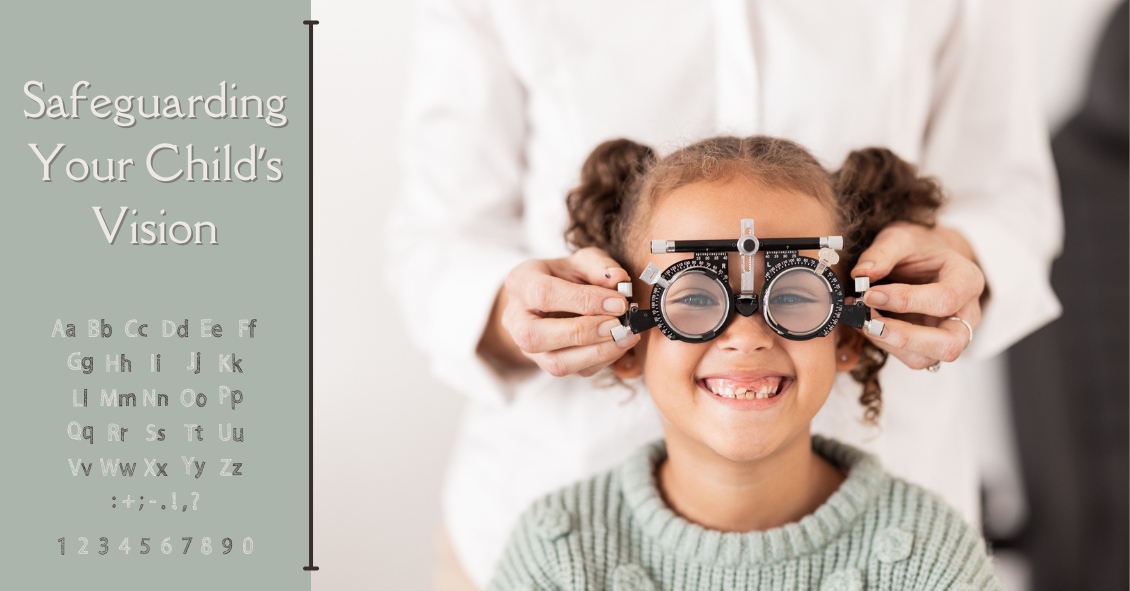What can be expected during a contact lens fitting?
A patient can expect to have a different experience when having a contact lens fitting. In addition to the eyeglass exam, questions will be asked to determine which contact lens will work best for them. Will they want to leave the lenses in their eyes overnight or will they remove them every day? Will they wear them only occasionally or will they be for everyday use? Do they want a contact lens that they throw away every day or do they want a contact lens that they have to clean and disinfect? If the patient is over age 40 and has a compromised ability to see up close, how will they see up close with their contact lenses? Will they wear readers over their distant contacts, or will they wear multifocal contacts, or will they wear monovision?
Are some people more prone to having Dry Eyes than others?
Experiencing dry eye symptoms is more common as we grow older, particularly in people 50 years of age and older. Hormonal changes in women who are experiencing menopause or who are post-menopausal. Inflammation in our body can affect the tear gland's ability to produce tears. Eye or health conditions such as glaucoma, diabetes, lupus, rheumatoid arthritis, and Sjogren's Syndrome can be associated with Dry Eyes. Environmental conditions such as dry winter air, dry indoor heated air, working on the computer, and wearing contact lenses can cause Dry Eyes.
Are there advantages to single-use contact lenses? What are they?
Single-use daily wear contacts are convenient to the patient and a healthy recommendation from their eye doctor. At the end of the day, the patient only has to dispose of the contacts. There is no need to take the contacts out to clean and disinfect them. The patients time and money spent on solutions and caring for them are eliminated. Not to mention that the next time they wear a contact, they will be wearing a brand new contact! The single best recommendation your eye doctor can make is to recommend single-use daily wear contacts. They are the healthiest contact that can be worn. The contact lens pathology issues of wearing the same contact for two or four weeks such as neovascularization, microcystic edema, and bacterial infections are greatly reduced.
What is an eye infection?
Your eyes can get infections from bacteria, fungi, or viruses. Eye infections can occur in different parts of the eye and can affect just one eye or both. Two common eye infections are conjunctivitis (also known as pink eye) and lid styes which are swollen lid bumps that can also be painful. Common signs of an eye infection are pain, itching, or a sensation of a foreign body in the eye, photosensitivity, redness or small red lines in the white of the eye, discharge of yellow pus that may be crusty upon awaking, and tears.
What happens during a typical Diabetic Eye Exam?
Your Eye Doctor will evaluate the back of your eye called the Retina to check for leaking blood vessels. Diabetic retinopathy occurs when elevated blood sugars damage the walls of the blood vessels. The vessel walls may thicken, leak, develop clots, close off, or grow balloon-like defects called microaneurysms.
My eyes tear all the time. Why do you call it Dry Eyes?
Your eyes have extra tears because your eyes produce extra tears to combat irritation and dryness. A better way to describe Dry Eyes is tear film instability, which refers to the composition of your tears not being in the proper composition. Stopping eyes from producing extra tears is a goal in the treatment of Dry Eyes.
At what age should my child have his/her eyes examined?
If you ask 10 different Doctors you will get 10 different answers. Newborns have their eyes checked in the birthing ward for starters. From birth to age 5 their eyes are growing. At age 5 is a good time to schedule a regular eye examination, however, if any unusual eye behavior is observed under age 5 an eye exam should be scheduled at that time. Unusual eye behavior such as eye squinting, a head tilt, or having to get close to see.

 Just like adults, children need to have their eyes examined. This need begins at birth and continues through adulthood.Following are common recommendat...
Just like adults, children need to have their eyes examined. This need begins at birth and continues through adulthood.Following are common recommendat...


